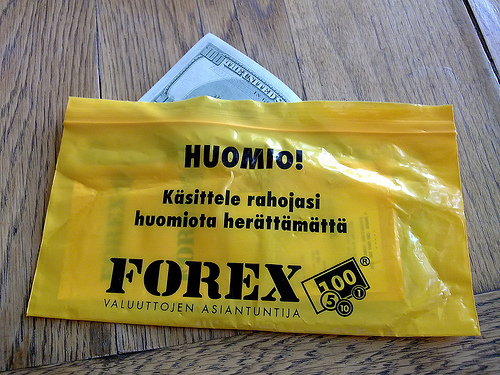Prospective investors have a huge range of options today including bonds, equities and currency. One thing that confuses investors is how these markets tie together. A lot of investors are considering moving away from equities in anticipation of the FTSE 100 peaking soon. Should they head to bonds, or would forex be a better option?
The bond market is closely tied to the currency market, and understanding how the two markets are tied together can go a long way towards improving the fortune of your investments.
The Growth of the FTSE
Since the FTSE 100 peaked in 1999, it has struggled to regain its former glory although it did hit a 14 year closing high in February 2014, and many investors feel another high is on the horizon. The bond market is massive, worth more than 10 trillion dollars. Bonds are issued not just by governments, but also corporations and even townships. As an investor, it is worth looking at bond yields because the intra-day relationship between treasury bond yields and currency values is strong. The fluctuations in the value of individual currencies often represents the movements of bond yields and stocks. There is also a strong relationship between inflation expectation, bonds, and currency. Inflation is one thing that many novice investors overlook, but it is a huge driver in the currency market.


The Subtle Forex Envelope. This work is licensed under a Creative Commons Attribution-NonCommercial-NoDerivatives 4.0 International License.
It is easy to understand why forex trading is so popular. Getting started with forex is easy thanks to iforex promotions and promotions offered by other forex brokers. Many novice investors focus purely on choosing a signal provider, or learning technical analysis, but if you have the time and motivation to study fundamentals yourself you can learn a lot about how the markets work and feel more comfortable in your investing. The simple fact that the US dollar held strong during the financial crisis, and is doing OK in spite of massive spending and borrowing is something that can be attributed to the health of the US treasury.
Understanding Fundamentals
If you are new to the world of investment, then understanding how these things tie together may take time, but it is worth learning how monetary policies affect the currency market, the role of the central bank, how the health of various industries can affect broader currencies, and which fundamentals matter the most. The vast majority of major brokers provide a foreign currency fundamentals calendar, and you can use the information in this calendar to get an idea of which metrics investors care about. Watch the markets, as an interested outsider, for a couple of months and consider trading with a forex demo account.
After following the markets for a while using a demo account, you can consider trading with real money. Note that while fundamentals are a good indicator of what might happen in the markets, there is no guarantee that your purchase of foreign currency will increase in value. Invest carefully, and set stop losses to minimise the chances of a bad trade severely damaging your bankroll
